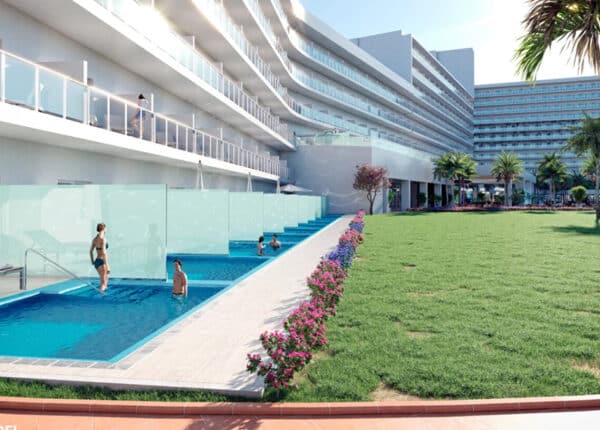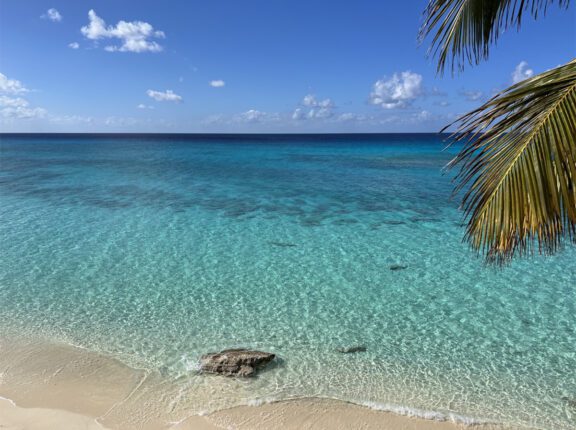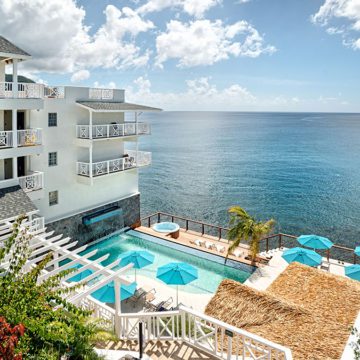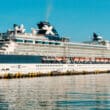By Vincent Vanderpool-Wallace
CJ Contributor
In recent weeks, I have examined challenges facing the Caribbean tourism industry, and the solutions that are necessary to bring the sector forward — including one proposal — the creation of a “United States of the Caribbean.”
But why tourism?
It is often said that the Caribbean did not choose tourism, tourism chose the Caribbean.
In fact, the Caribbean made the choice after decades of a kicking and screaming resistance.
It came after recognizing that travel and tourism was suddenly the largest and fastest growing sector of the global economy. That simply meant that the natural comparative advantage that the Caribbean possessed in tourism for some time was being eroded while leaders debated its long-term value and its market share declined.
Although it has never been shown empirically, it has often been stated that there are more PhDs in agriculture and agricultural economics in the Caribbean than master’s degrees in the tourism sector.
For a very long period of time, the best and brightest in the Caribbean shunned tourism and, in far too many places, tourism was the employment sector of last resort.
It is not possible for any globally competitive sector to be successful if it is shunned by its best and brightest citizens. Fortunately, anecdotal evidence suggests that this problem is rapidly disappearing.
For a five-year period early in this decade, global GDP grew faster than during any previous five year period in recorded economic history.
Much of this was a result of the explosion in travel but even more of it came as a result of two economic principles that overwhelmed their opponents with evidence of their correctness, their power and their strength.
Those two principles were the principle of comparative advantage and the principle of freer trade.
The world benefited enormously from companies and countries making their comparative strengths stronger and from agreeing to remove many barriers especially tariff barriers to free trade.
The Debilitating Effects of Taxing One’s Primary Exports
Many citizens do not realize that the largest reason for the illogical and counterproductive placement of taxes on air travel which thereby inhibits the growth of the Caribbean’s biggest export, tourism, is habit.
It was merely the embracing of a practice that was left over from colonial masters rather than a considered decision. It is largely an anachronism, although one must admit the added value of hard currency that it also brings.
Still, it is an extraordinary act in the world of free trade to make one’s biggest exports more and more expensive and therefore more and more uncompetitive by placing taxes on them.
It is very odd that world trade agreements have removed so many of the taxes on goods travelling across borders yet we have seen steady increases in tariffs on people crossing borders.
It is time for the Caribbean to consider the debilitating impact taxation has on its most powerful export — tourism. And it is time for the Caribbean to do something about it.
I invite you to come to Miami at the end of this month as Caribbean Journal and I hold a forum to look at the way forward for Caribbean tourism.
Vincent Vanderpool-Wallace is the former Tourism Minister of the Bahamas and Secretary General of the Caribbean Tourism Organization. He was named one of the 50 most influential people in Caribbean tourism in the last 50 years by Fast Company magazine. He is graduate of Harvard University and the University of Miami.







